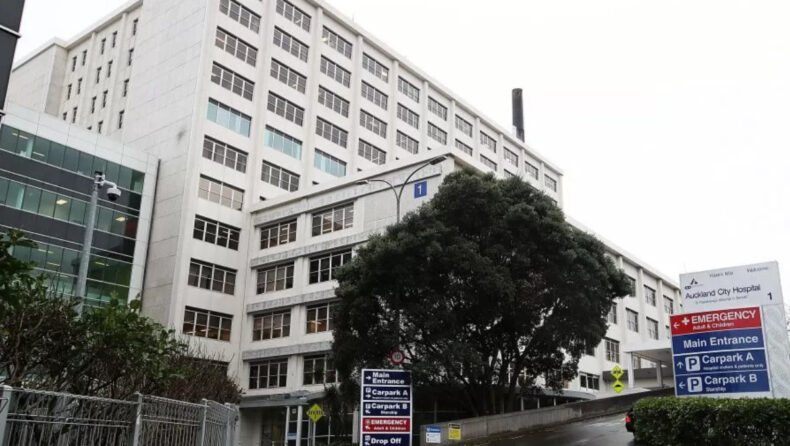A woman in New Zealand had severe abdominal pain after having a Caesarean section in 2020 and visited multiple doctors for help but to no avail. It was when she underwent a CT scan about a year later, did the doctors identified the cause of her trouble, according to a new report reported by the Washington Post.
About 18 months after the woman’s C-section, doctors have removed an Alexis wound retractor – a soft, round plastic device that retracts the edges of an incision during surgery- from the woman’s abdomen, states the report.
The Accident during C-section:

According to McDowell’s investigation, the woman underwent a C-section at Auckland City Hospital in 2020 while she was in her 20s. The judgment indicates that a surgeon sought to use an Alexis wound retractor, which can aid in preventing infections, after making an incision in the woman’s abdominal cavity. The report claims that the surgeon removed the retractor and replaced it with a larger model because he thought it was too tiny.
The retractor was left in the woman’s abdomen, despite the fact that it should have been taken out before the skin was stitched up, according to the study. According to the study, Te Whatu Ora did not mandate that the use of Alexis wound retractors be documented during procedures due to the low likelihood that the instruments would be left inside patients.
According to the ruling, the woman visited both her medical practitioner and the emergency room at Auckland City Hospital for stomach pain 18 months after her C-section. The retractor was removed surgically even though it couldn’t be seen on X-rays because it was positioned inside the woman’s abdomen. According to the report, the woman complained to the health and disability commissioner in 2021.
Response from the Government authorities:
New Zealand’s health and disability commissioner, on Monday, ruled that the medical group that performed the C-section – government agency Te Whatu Ora- breached the country’s code of patient rights by leaving the device inside the woman’s abdomen and failing to take a record of it.
In her ruling, Commissioner Morag McDowell stated that the care “fell significantly below the appropriate standard in this case and resulted in a protracted period of distress for the woman.” “Systems ought to have been in place to stop this from happening,”
The use of Alexis wound retractors in subsequent surgeries should be documented by staff personnel, McDowell advised Te Whatu Ora, and the organization should make amends to the victim.
Furthermore, the commissioner also noted that it was the second time in two years that a device had been left in an Auckland hospital patient. In 2018, the hospital left a swab in a woman’s abdomen post-surgery. Following this incident, the commissioner advised the medical group to revise the policies for recording the use of surgical tools and equipment and was “disappointed” to see that the problem still persists.
McDowell, in her decision, wrote that this a system failure though individuals hold some amount of accountability.
Te Whatu Ora argued that there was insufficient information from experts to draw the conclusion that the personnel had violated the nation’s code of conduct for providing patient care, while McDowell stated that it was obvious the surgery had fallen short of standards.
She claimed that there was “considerable precedent to infer” that the care provided when a foreign object was left within a patient during surgery was subpar.













